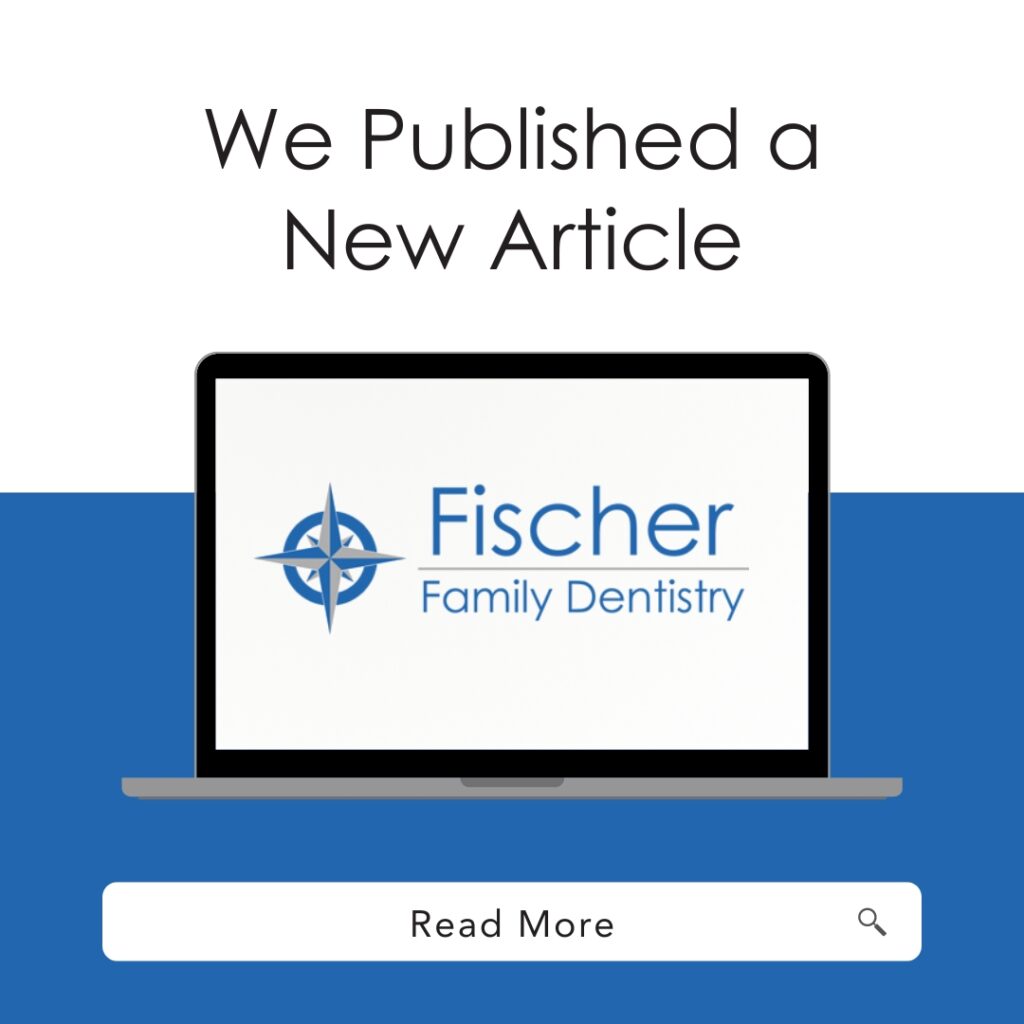
Jaw cancer is a rare form of oral cavity cancer that spreads to the jawbone. Although it’s uncommon, early detection of jaw cancer can significantly improve treatment outcomes. At Fischer Family Dentistry of Norton Shores, we understand how unsettling a diagnosis of jaw cancer can be, but we believe that being proactive and educated about the signs and symptoms is key to achieving the best possible outcome.
Symptoms of Jaw Cancer
Most jaw cancers are benign, meaning they do not spread to surrounding tissues. However, in some cases, they can be aggressive, spreading to nearby areas and leading to serious health complications. Here are the four key symptoms to watch for:
- Jaw Pain: While jaw pain is often caused by TMJ disorders, it can also be a sign of jaw cancer. If you experience persistent pain that doesn’t improve with typical treatments, it’s important to consult with a dentist in Muskegon to rule out the possibility of oral cancer. Aggressive tumors may spread to the bone and soft tissues, causing significant discomfort.
- Jaw Swelling: One of the most noticeable symptoms of jaw cancer is swelling in the jaw area, which may appear on the side of your face. Depending on the tumor’s location, the swelling can also occur on the roof of the mouth or under the teeth.
- Lumps on the Jaw: If you notice a lump on your gums or the roof of your mouth that does not go away within a couple of weeks, it should be evaluated by your dentist in Muskegon. While some lumps are harmless, others may indicate cancer of the jawbone.
- Loose Teeth: Loose or shifting teeth can be a sign of squamous cell carcinoma, the most common type of malignant jaw cancer. A tumor in the jawbone can cause the teeth to loosen as it affects the surrounding tissues. If you notice your teeth becoming loose or out of place, seek dental care immediately.
How Does Jaw Cancer Develop?
The primary causes of jaw cancer include smoking, chewing tobacco, poor nutrition, and excessive alcohol consumption. Genetic factors, poor oral hygiene, and certain viruses such as HPV can also increase the risk of developing jaw cancer.
How to Reduce the Risk of Jaw Cancer
While some risk factors for jaw cancer are beyond your control, there are steps you can take to reduce your risk:
- Avoid tobacco and excessive alcohol use
- Maintain a nutritious, balanced diet
- Practice good oral hygiene by brushing and flossing regularly
- Visit your dentist for routine exams and cleanings: At Fischer Family Dentistry, we conduct thorough exams to detect signs of oral or jaw cancer early.
By visiting us for regular dental checkups, we can help detect abnormalities early, ensuring that any potential issues are addressed as quickly as possible. If you’re due for a dental exam, contact us today to schedule your appointment and have an oral cancer screening. Our team is here to provide you with exceptional care and service every step of the way.


